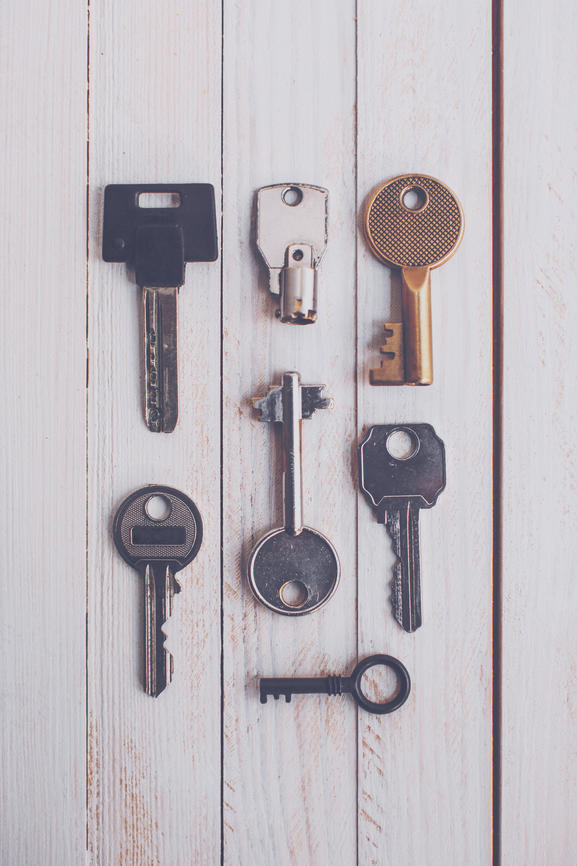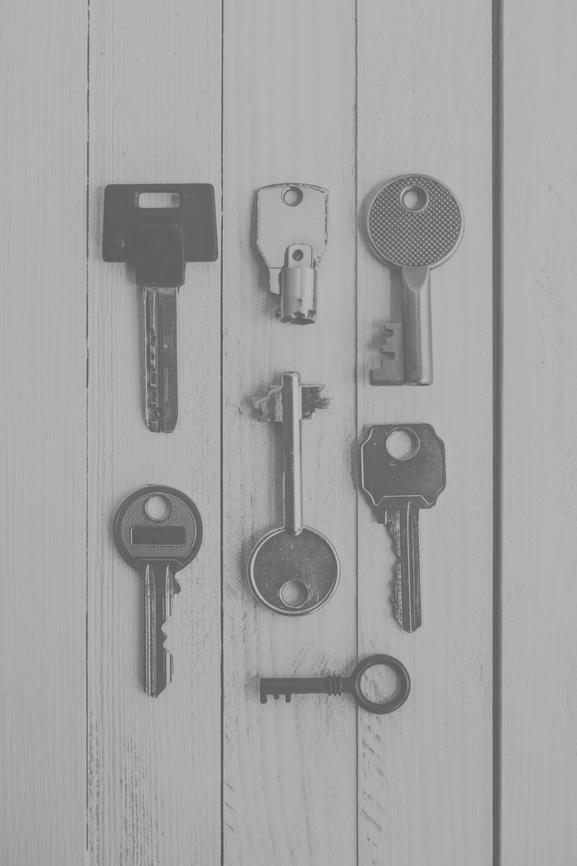There are some personal finance debates that will be around forever: Should you by a home or rent? Is term or permanent insurance a better deal? And here’s one that has come up a lot for my clients recently: should I buy or lease a car? While I’ve written purchasing a car, I haven’t talked much about leasing. So today, let’s look at the pros and cons of leasing versus buying and talk about how to decide which option is right for you.
What is leasing anyway?
Leasing isn’t the cheapest way to finance your ride. You can save more money if you buy a two- or three-year old certified used car and keep it until it dies. By buying a used car, you avoid the sharp depreciation of the first few years of ownership; on average cars lose 20% of their value in the first year, and 10% more in each subsequent years, according to CarFax. So, you’re starting out with a car that is 20-40% cheaper than a new vehicle. Then after the car is paid off, you have an asset that saves you in transportation expenses for years.
With leasing, on the other hand, you’re actually only paying the depreciation, plus some fees and interest. The good thing is that just paying the depreciation is cheaper than purchasing the entire car. But in the end, you never own the car.
The dealer calculates your lease payment by subtracting vehicle’s expected value at the end of the lease (the residual value) from the price of the vehicle (i.e., the capitalized cost). They add several fees like vehicle registration costs and lease origination fees, plus interest for the term of the lease (sometimes called “the money factor). It’s common for leases to last two or three years.
An example may help here. If you lease a pickup truck with a capitalized cost of $35,000 and a residual value of $25,000 after three years, you’re responsible for paying $10,000 plus interest and fees for the privilege of using the car during this period.
One tip: you can negotiate your leased vehicle’s purchase price just as you would when you’re buying a car. Make sure to check out sites like Edmunds and TrueCar when figuring out the vehicle’s capitalized costs. You can also bolster the money factor by taking care of your credit. However, you probably won’t have much say over the car’s residual value.
You will also likely have to put money down on the lease in order to pay some of the up- front costs. Those are basically sunken costs because you don’t get to keep the vehicle in the end.
Pros and cons of leasing
The Pros
So why would anyone pay on a vehicle for two or three years that they will never own? First, leasing is cheaper because you aren’t paying for the entire vehicle. So you save on monthly auto payments those first two or three years, which may provide a little more room in your monthly budget to spend on other things. Also, the down payment will be less. You won’t need to come up with as much money up front to get a vehicle. Lastly, depending on your profession, you may get to take a tax deduction for your lease.
Additionally, with leasing, you get a new car every two or three years. You never have to worry about the technology being outdated, and you won’t be responsible for the extensive repairs and maintenance an older vehicle typically requires.
Finally, after you’re done with the lease you can give the car back and walk away. You don’t have to sell the car to someone else. You won’t have to find a place to store it. You aren’t responsible for residual wear and tear. You’re free and clear—though most people celebrate the end of one lease by immediately signing another one.
The cons of leasing
While less money up front, driving a new vehicle and getting to walk away at the end of a two or three year term sounds nice, there are some distinct disadvantages to leasing.
The biggest drawback is not having an asset at the end of the lease. You’ll never own the car, free and clear. You won’t enjoy years of zero car payments after you pay off your loan. You won’t have a vehicle to trade in when you want to buy a new one.
Even worse, if your car is totaled or stolen, the insurance company pays the leasing company, not you, and they only cover the residual value of the car. This is why a lot of dealers recommend gap insurance, which covers the entire costs of the vehicle. Gap insurance isn’t free, though. You’ll have to include it in your budgeting calculations.
And finally, you’ll have less control over your car than you would if you’d bought it. You typically can’t customize a leased car with extra features like special tire rims or tinted windows. There may even be restrictions on how much mileage you can rack up every year or whether you can take the car out of the country. You’ll likely be responsible for paying for regular maintenance and some repairs. You have to be really careful here to read the fine print in your lease. You could unexpectedly own several thousand dollars at the end of the lease.
Is leasing right for you?
Now that you know the pros and cons of leasing, how do you determine the best choice for you?
Remember, the most cost-effective method of owning a vehicle is to purchase a slightly older car and run it into the ground. While it may cost you a little more up front, eventually the car will be paid off. Meanwhile, you get to do whatever you want with your car as long as it continues to function.
That being said, there are certain situations where leasing makes more sense.
Are you the type of person that gets rid of cars very quickly or wants to stay up-to-date on the latest technology? If so, it’s probably going to be better for you to pay the lease rather than try to purchase a new car every two or three years, after you’ve paid most of the depreciation.
Also you might be tight on cash. If you’re desperate for a new car and don’t have much in savings, a leased car’s a lower down payment and lower monthly payment may free up more cash so you can get back on your feet.
Lastly, if you know you’re not going to drive very much and want the flexibility of eventually not owning a car (say you live in a walkable city), it may be easier for you to have a car for two or three years and give the car back. Overall, leasing can be nice. You just have to remember you’re paying a premium for that convenience and comfort.
As with anything to do with personal finance, the decision about whether to buy or lease is very personal. Whatever you decide, I hope this post allows you to go into the transaction with your eyes open. I would love to hear about why you like to lease. You can email, tweet or message me at the links below.





